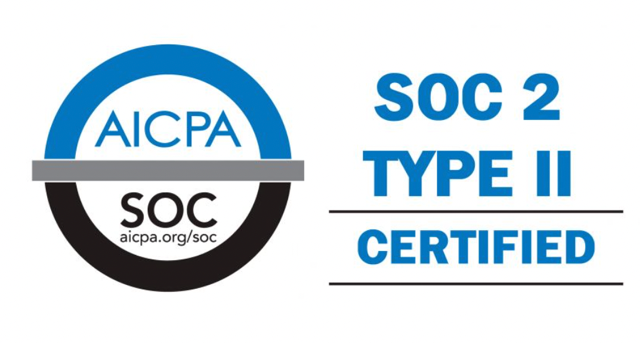
From 100 to 1 million Transfers: Scaling MFT for Enterprise Growth
From 100 to 1 million Transfers: Scaling MFT for Enterprise Growth Ever wondered what happens when your daily file transfers multiply by
It’s incredible how fast technology has changed in just a few years. Before Cloud Computing, people used to execute applications or programs from programming downloaded on a physical PC or server. As a result, many businesses struggled to build their data centers at the time. Furthermore, those who possess them will typically allocate many IT specialists and resources.
In that case, cloud computing comes as a solution for all firms’ challenges in conducting business.
Cloud integration is a set of solutions and technology that integrates several cloud environments, applications, or systems to allow for real-time data and process interchange.
Cloud integration reduces data silos, improves visibility, and streamlines corporate operations by connecting diverse information systems.
Solutions are full-service subscription models that allow businesses to rely entirely on third-party cloud providers for scalable computer resources, data storage and security, and application usage.
“Cloud integration enables quick and dependable data synchronization, reducing duplicated data and improving operational efficiency. By integrating data and services, your company will have the tools in place to automatically implement many comparable operations that can be done and updated at any time and from any location.”
Another significant advantage of cloud computing is its scalability. Cloud-based services are appropriate for enterprises with changing or escalating bandwidth requirements. Your company’s operations can be scaled up or scaled down. Your company’s resource storage Some conditions may require a quick modification to accommodate such variances, allowing for flexibility as situations change. If your needs grow, you may quickly expand your cloud capacity by utilizing the service’s distant servers.
Similarly, the service allows for this if you need to reduce it again. Cloud ERP is the most effective way to scale your organization. It is a more straightforward and comprehensive system.
Browse Categories
Share Blog Post

From 100 to 1 million Transfers: Scaling MFT for Enterprise Growth Ever wondered what happens when your daily file transfers multiply by

In today’s fast-paced world of data analytics and AI, optimizing your data infrastructure is key to unlocking valuable insights and driving innovation.

In today’s fast-paced world of data analytics and AI, optimizing your data infrastructure is key to unlocking valuable insights and driving innovation.
We are a forward-thinking technology services provider dedicated to driving innovation and transformation across industries.


| Cookie | Duration | Description |
|---|---|---|
| cookielawinfo-checkbox-analytics | 11 months | This cookie is set by GDPR Cookie Consent plugin. The cookie is used to store the user consent for the cookies in the category "Analytics". |
| cookielawinfo-checkbox-functional | 11 months | The cookie is set by GDPR cookie consent to record the user consent for the cookies in the category "Functional". |
| cookielawinfo-checkbox-necessary | 11 months | This cookie is set by GDPR Cookie Consent plugin. The cookies is used to store the user consent for the cookies in the category "Necessary". |
| cookielawinfo-checkbox-others | 11 months | This cookie is set by GDPR Cookie Consent plugin. The cookie is used to store the user consent for the cookies in the category "Other. |
| cookielawinfo-checkbox-performance | 11 months | This cookie is set by GDPR Cookie Consent plugin. The cookie is used to store the user consent for the cookies in the category "Performance". |
| viewed_cookie_policy | 11 months | The cookie is set by the GDPR Cookie Consent plugin and is used to store whether or not user has consented to the use of cookies. It does not store any personal data. |
Thank you for submitting your details.
For more information, Download the PDF.
Thank you for registering for the conference ! Our team will confirm your registration shortly.
Invite and share the event with your colleagues
IBM Partner Engagement Manager Standard is the right solution
addressing the following business challenges
IBM Partner Engagement Manager Standard is the right solution
addressing the following business challenges
IBM Partner Engagement Manager Standard is the right solution
addressing the following business challenges